Dogs just seem to go along with horses. Spotted at many barns, show grounds and homes of equestrians, many riders keep a smaller four-legged friend nearby. While a vast array of dog breeds, including mixed breeds, would make excellent companions for both riders and horses, the same breeds of barn dogs are often seen repeatedly in the equestrian world. It seems that many riders may have a preference for particular dogs, and for a reason.
- Jack Russell Terriers – Their propensity for being great ratters makes these dogs,
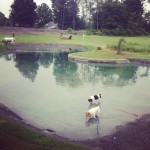 along with similar terrier breeds like Rat Terries, a popular choice for equestrians and great barn dogs. They are intelligent, loyal, energetic little dogs who will also keep your barn free of mouse and rat vermin. Additionally, Jack Russells have an affinity for horses as they were originally bred from a strain of fox hounds in England, and were used to find and push out the fox for the hounds and horsemen on hunts.
along with similar terrier breeds like Rat Terries, a popular choice for equestrians and great barn dogs. They are intelligent, loyal, energetic little dogs who will also keep your barn free of mouse and rat vermin. Additionally, Jack Russells have an affinity for horses as they were originally bred from a strain of fox hounds in England, and were used to find and push out the fox for the hounds and horsemen on hunts.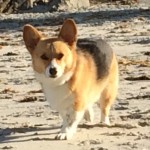
- Corgis – These little short, yet long, dogs are the smallest herding dogs and were originally bred to herd cattle and sheep; therefore they are typically very comfortable on farms and around barn life. While you may have to train these little guys not to herd your horses, they are excellent at lying around the barn providing company, and have also been known to help eliminate pest problems in the stable.
- Border Collie – Another dog with its history in herding, these dogs are at ease around horses. Once you’ve trained them not to attempt to round up your horses, they make excellent trail riding companions thanks to their almost limitless energy.
- Labrador Retriever – For over 20 years this breed
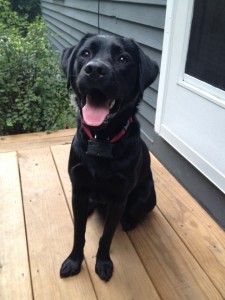 has been on the AKC’s most popular dog list, so it is no surprise that equestrians love the breed just as the rest of the population does. Labs are easy going, friendly, and high-energy, which makes them a great barn dog to greet all the stable’s guests and accompany you to show grounds.
has been on the AKC’s most popular dog list, so it is no surprise that equestrians love the breed just as the rest of the population does. Labs are easy going, friendly, and high-energy, which makes them a great barn dog to greet all the stable’s guests and accompany you to show grounds. - Fox Hounds – Of course, we can’t leave out Fox Hounds. Hounds are probably the breed of dog most widely associated with horses thanks to their fox hunting legacy. They were bred to travel long distances for hunting, which makes them naturally great for leisure trail riding as well. Stay alert and aware of your fox hounds’ location though, as the desire to follow their nose and chase that has been bred into them may cause them to not always stay at your side.
These are just a few breeds of great barn dogs. There are many others, including mixed breeds, that will make a great match for your equestrian lifestyle as well, many of which could be waiting at your local shelter to become your new barnyard friend! Regardless of which breed you prefer, dog collars and leashes are important to have for your barn dogs. A collar with contact information on it will help to ensure your dog finds his way back to you in the event he runs off or gets lost, while leashes are required on many show grounds. Perri’s, which makes popular horse halters, offers customizable dog collars and leashes in a variety of colors. Who doesn’t want to match their barn dogs’ accessories to those of their horses?
Let us know what your favorite breed of barn dog is in the comments!
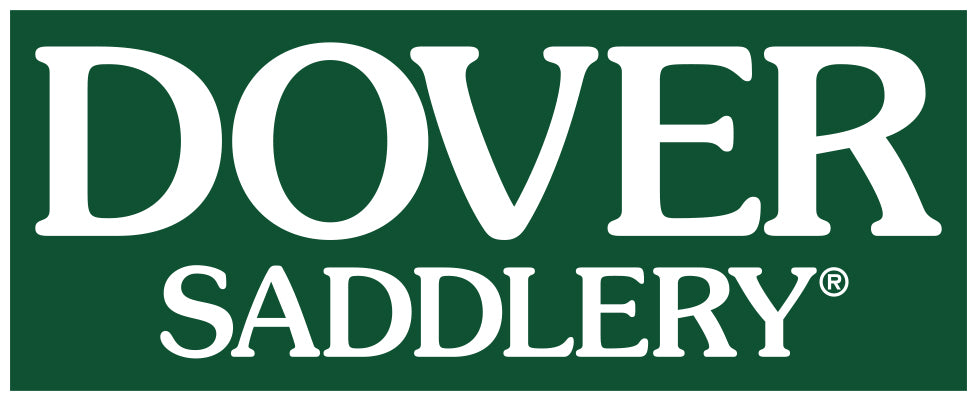

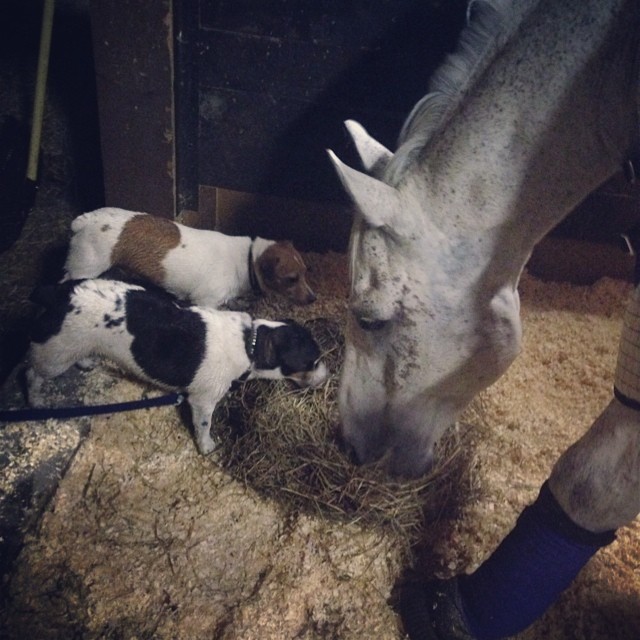

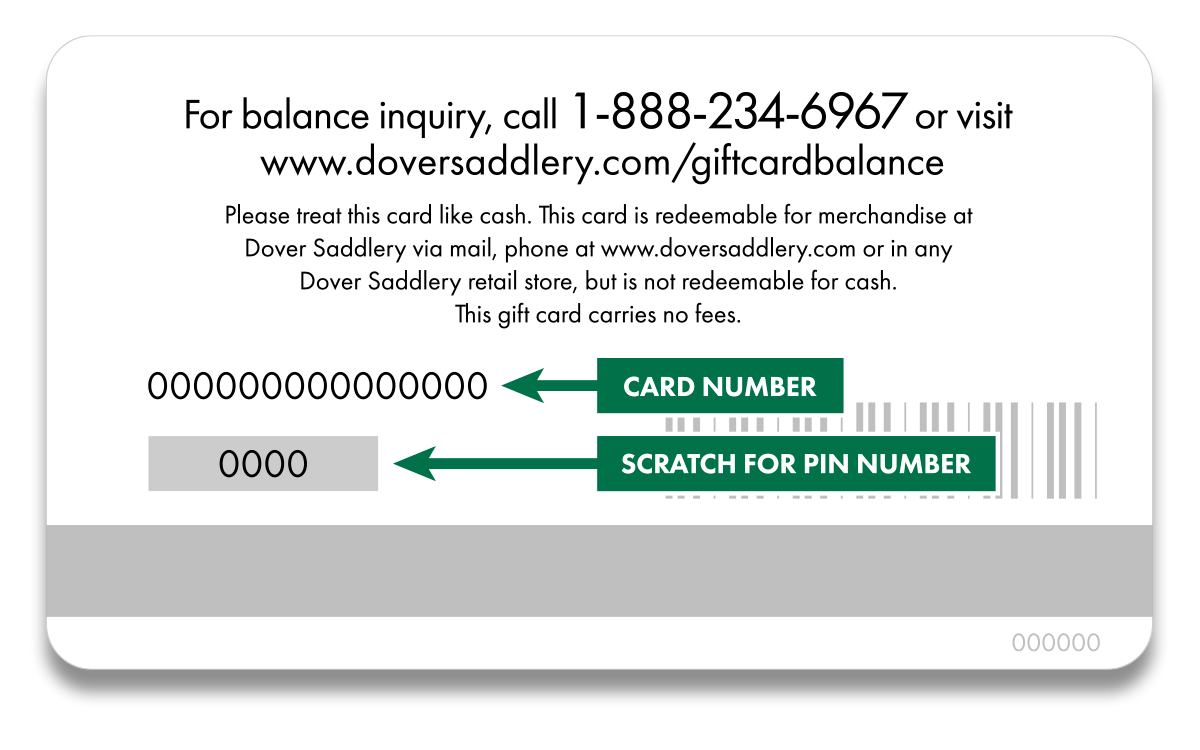
My Havanese is my favorite barn dog. I have a little girl named Izabella she is a wonderful kind and patient mascot of SFF. She loves going to shows, but rathers dressage compared to combined training as she thinks it rather tiresome walking the cross country courses (:
My favorite barn dog is my Rhodesian Ridgeback! Bred to hunt lion, he is very capable of traveling with my horse and I on the trails.
English Mastiffs have always been my dog of preference for around horses
German Shepherd cross! I don’t know what he is crossed with. He stands guard of us, stays out from under foot and can travel in trucks all day! Perfect trail companion as well!
Mixed breeds, rescues are awesome barn dogs, no special breed needed!
Favorite barn dog breed is a Dalmatian especially at the foot of a Clydesdale.
I have had two Irish Setters. They are sweet, have no desire to herd or chase the horses and the energy to keep up. I used to take my first one on trail rides, he hated to be left home. I don’t trail ride now but my new young setter will watch quietly while I take dressage lessons and the trainers love him.